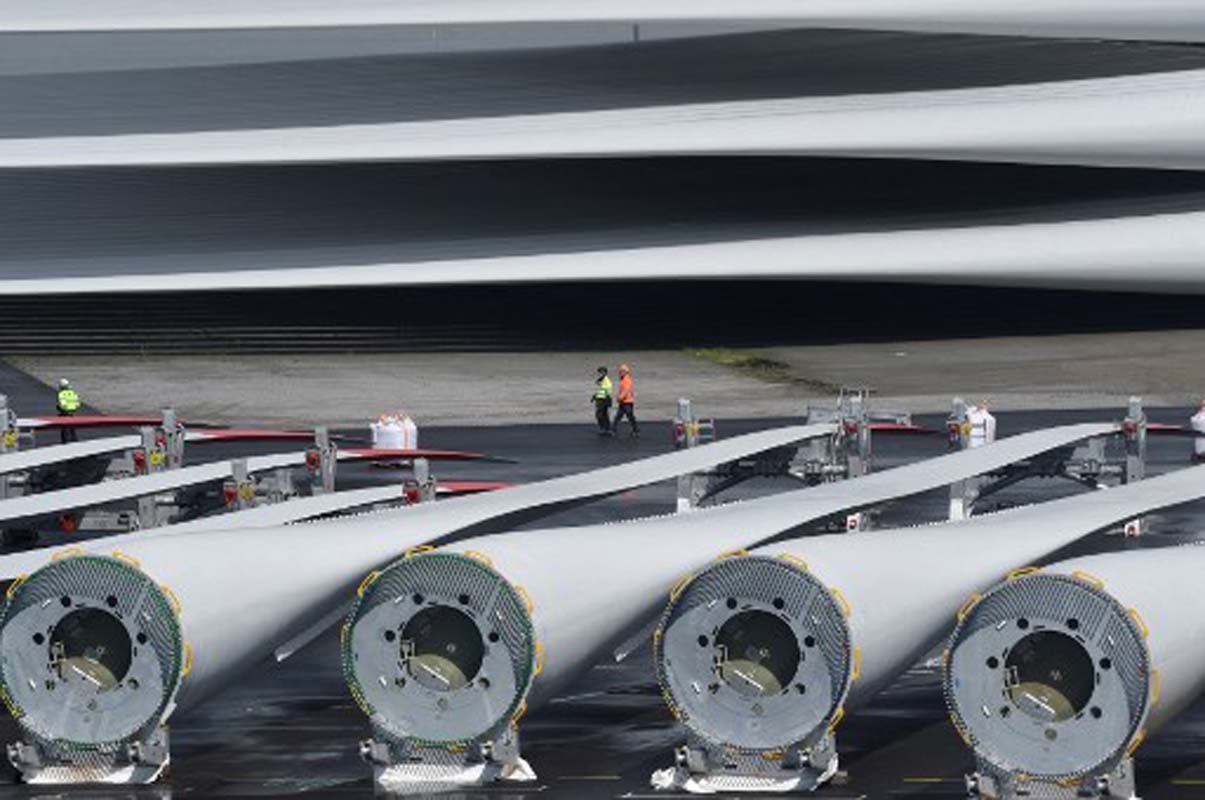
403
Sorry!!
Error! We're sorry, but the page you were looking for doesn't exist.
Morocco starts pipeline project with Nigeria
(MENAFN) Moroccan Minister of Energy Transition and Sustainable Development, Leila Benali, announced that the planned pipeline connecting West African gas producers Mauritania and Senegal with Morocco represents the initial phase of a broader project aimed at linking the Kingdom of Morocco with Nigeria. This extensive initiative, agreed upon by Morocco and Nigeria in 2016, seeks to bolster regional integration and energy security while providing a vital route for exporting African gas to Europe.
Earlier this month, Morocco’s National Office of Hydrocarbons and Minerals indicated that the final investment decision for the pipeline is anticipated next year. Supported by the Economic Community of West African States (ECOWAS), the project is projected to cost approximately USD25 billion and will have an annual capacity of 30 billion cubic meters of gas. The pipeline will be constructed in three phases and integrated with existing infrastructure to optimize its utility.
Minister Benali briefed members of parliament, explaining that the first stage involves connecting Senegal, Mauritania, and Morocco. She noted that most of the feasibility and engineering design studies have been completed, and the optimal route for the pipeline has been identified. The remaining tasks include continuing the evaluation, conducting field studies, and assessing the environmental and social impacts of the project.
This ambitious project underscores the collaborative efforts between Morocco and Nigeria to enhance energy cooperation in the region, with significant implications for energy export and economic development across West Africa and beyond.
Earlier this month, Morocco’s National Office of Hydrocarbons and Minerals indicated that the final investment decision for the pipeline is anticipated next year. Supported by the Economic Community of West African States (ECOWAS), the project is projected to cost approximately USD25 billion and will have an annual capacity of 30 billion cubic meters of gas. The pipeline will be constructed in three phases and integrated with existing infrastructure to optimize its utility.
Minister Benali briefed members of parliament, explaining that the first stage involves connecting Senegal, Mauritania, and Morocco. She noted that most of the feasibility and engineering design studies have been completed, and the optimal route for the pipeline has been identified. The remaining tasks include continuing the evaluation, conducting field studies, and assessing the environmental and social impacts of the project.
This ambitious project underscores the collaborative efforts between Morocco and Nigeria to enhance energy cooperation in the region, with significant implications for energy export and economic development across West Africa and beyond.

Legal Disclaimer:
MENAFN provides the
information “as is” without warranty of any kind. We do not accept
any responsibility or liability for the accuracy, content, images,
videos, licenses, completeness, legality, or reliability of the information
contained in this article. If you have any complaints or copyright
issues related to this article, kindly contact the provider above.


















Comments
No comment